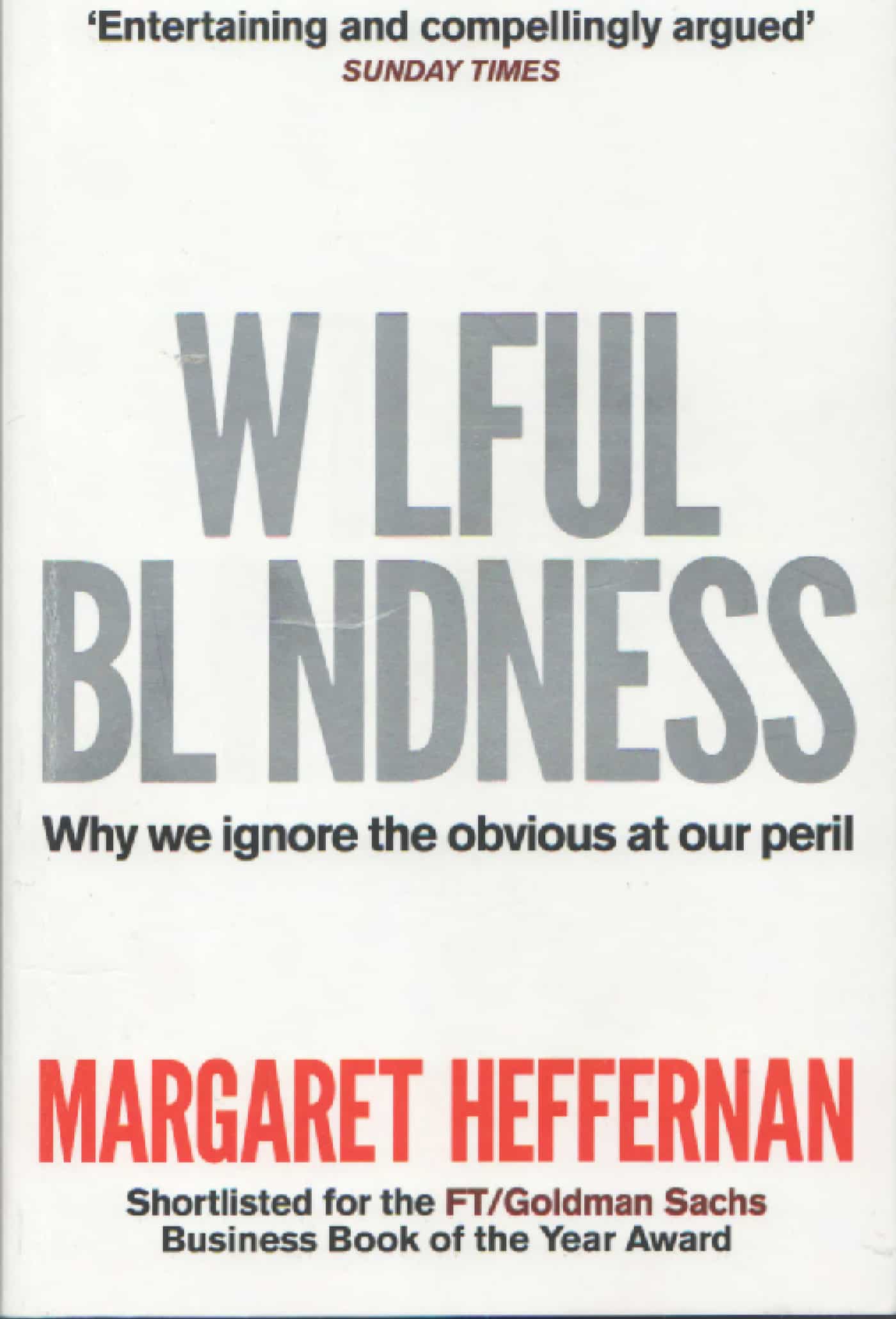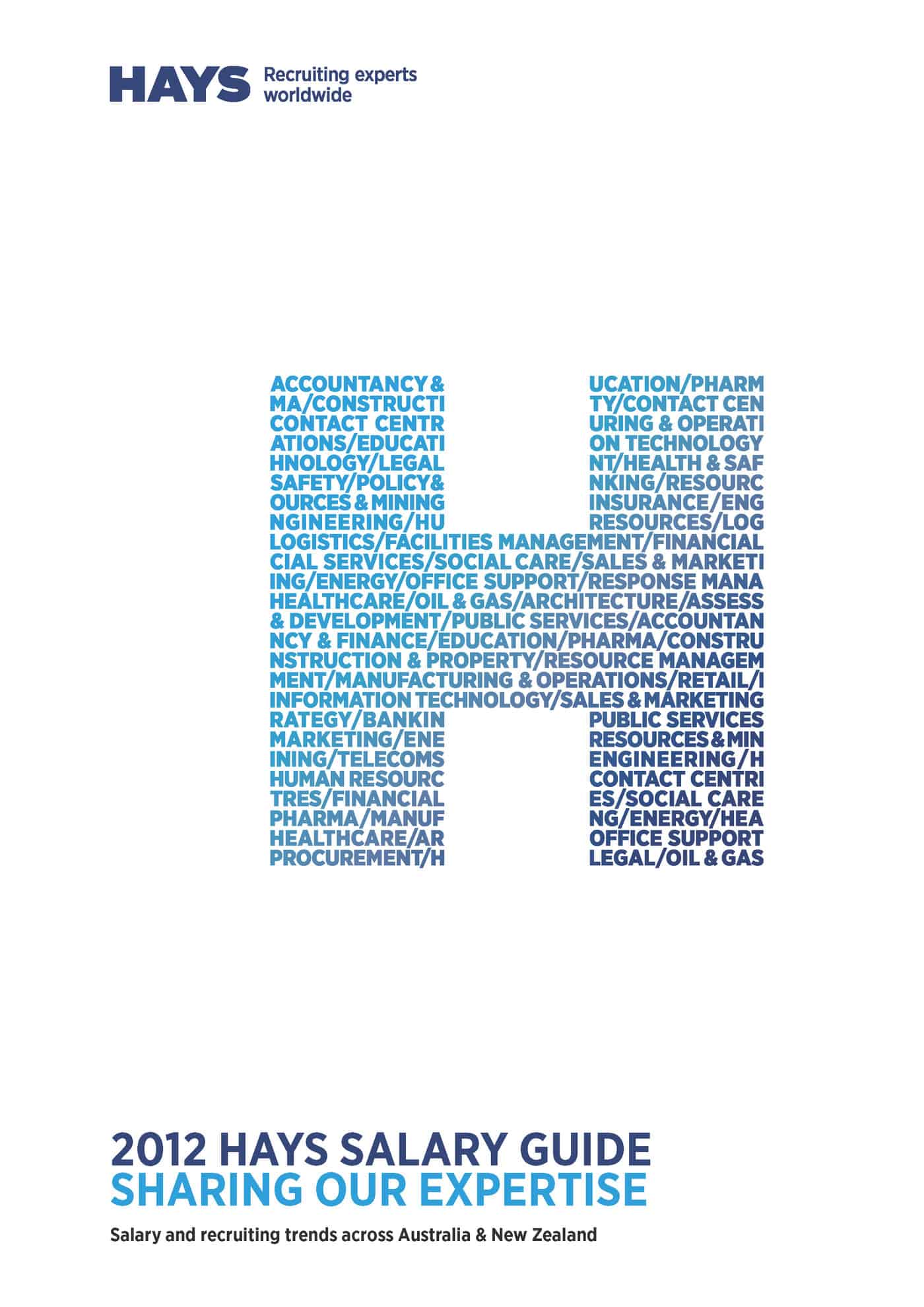Earlier this year, the Safety Institute of Australia (SIA) launched its OHS Body of Knowledge (BoK) project, an excellent collection of workplace safety information and research but one that has had restrictions imposed on it that seem contrary to its purpose.
SafetyAtWorkBlog has communicated repeatedly to the SIA about the BoK project and the, seemingly, related operation of the Australian OHS Education Accreditation Board (AOHSEAB) but, although the communications have been acknowledged, no responses have been received. Some of the questions go to the heart of the meaning of an OHS profession and body of knowledge but also to the relationships of various organisations under, or connected to, the SIA such as the Health and Safety Professionals Association (HaSPA) and AOHSEAB.
OHS Body of Knowledge
BoK contains over 30 articles about most of the major workplace safety issues of modern times. These have been produced by some of the most prominent OHS researchers in Australia. But it can only be read on a computer screen and the PDF files have a security level that forbids any cutting and pasting. Why would this important safety information be any different to guidance and data that OHS regulators provide for fair use? The SIA has never provided a reason for this peculiar approach to spreading OHS knowledge.
The SIA professes the organisation to be about the following:
“We are committed to creating a profession that can deliver the highest standards of OHS and we do this through the engagement of our individual members, corporate and strategic partners, governing bodies and key profession stakeholders.
Through the SIA, individuals have access to qualified timely advice into public policy and regulation, research and development to advance OHS knowledge and guidance. We have developed a body of knowledge to set health and safety standards, procedures and practices to be adopted on a national basis across the profession.”
SafetyAtWorkBlog posed the following questions to the appropriate contact person, Pam Pryor, Registrar, of the Australian OHS Education Accreditation Board in early May 2012. The AOHSEAB issued its first ever newsletter on 5 July 2012. (Hyperlinks have been added) Continue reading “Unanswered questions on Safety Institute activities”




